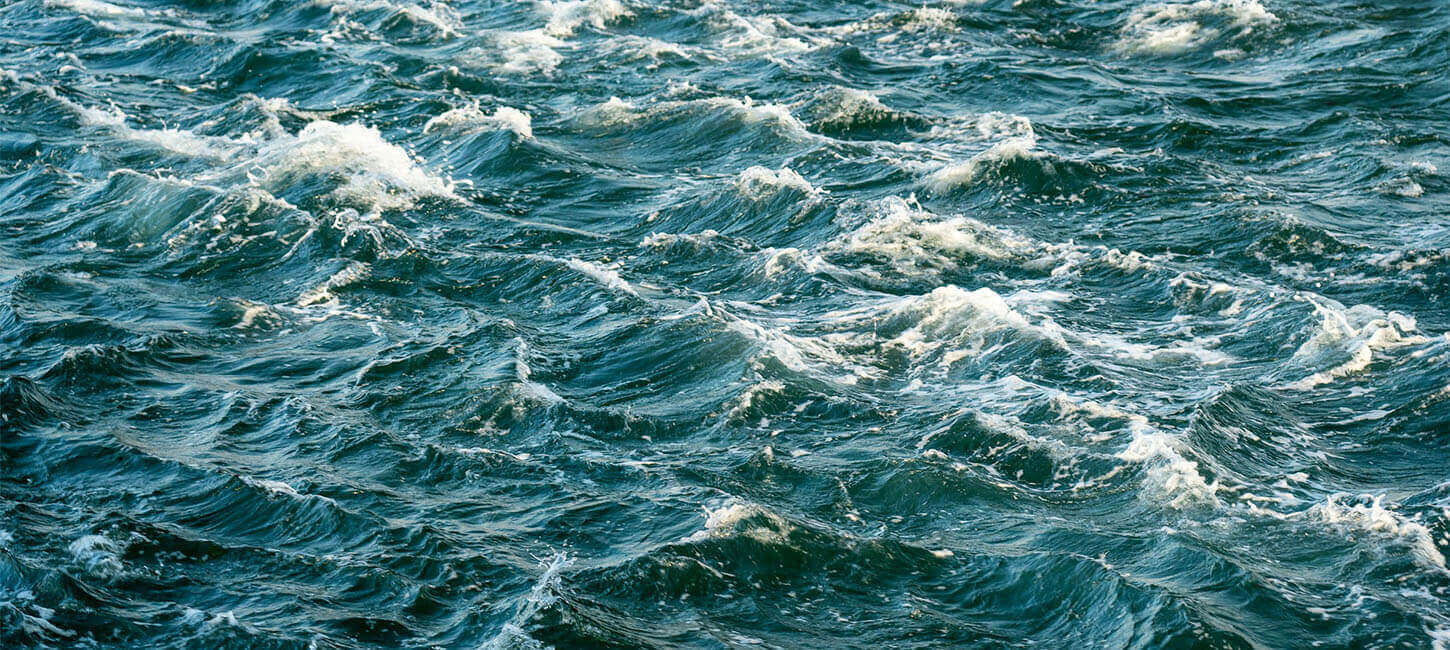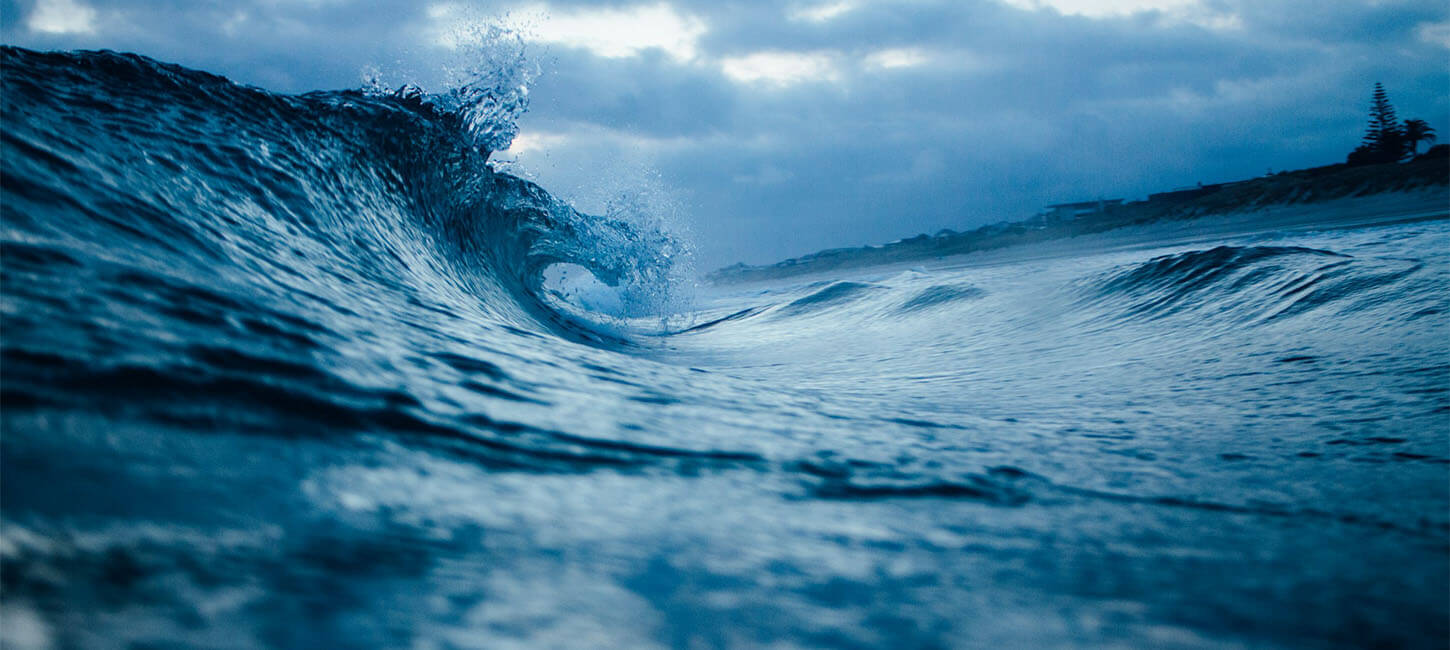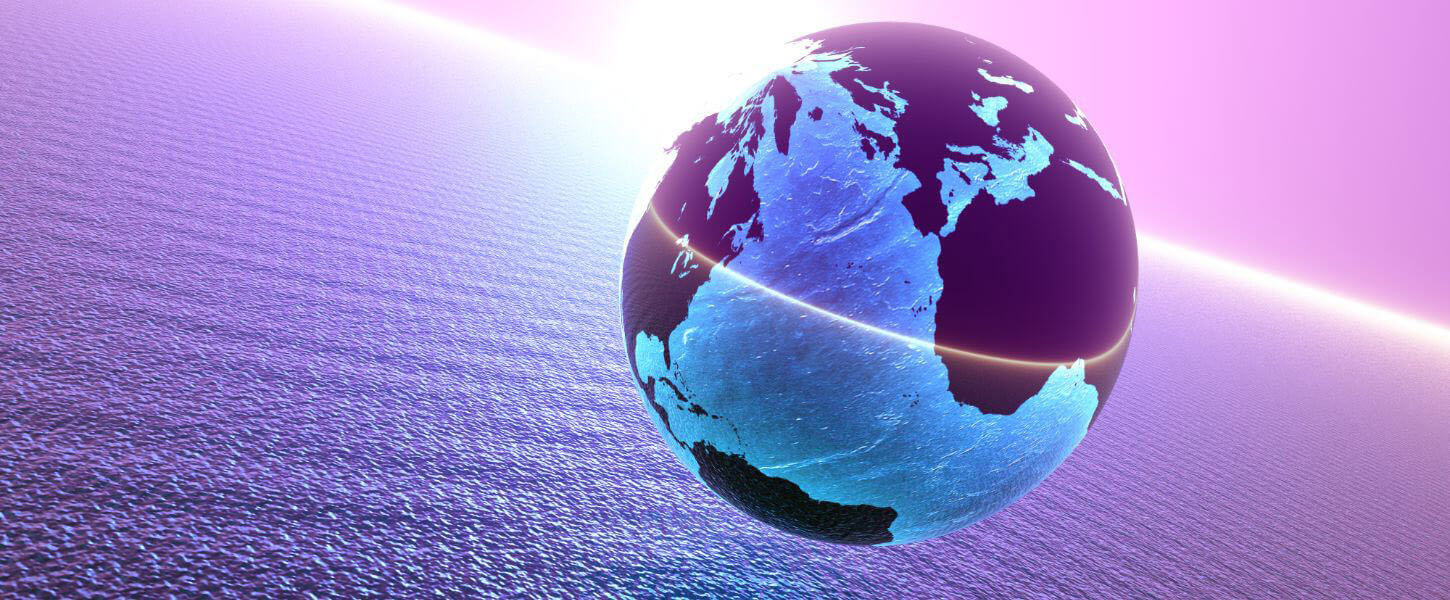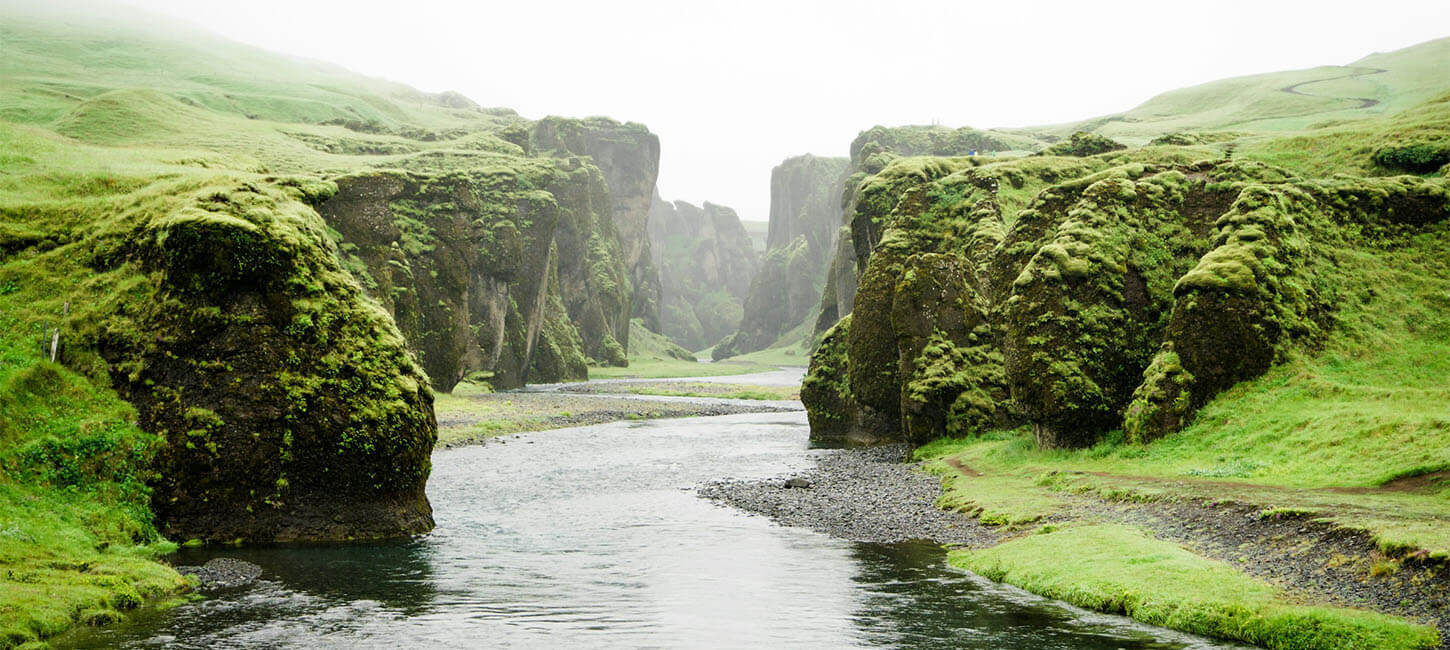Articles / Sustainability / Water pollution
World Ocean Day
World Ocean Day
May 21, 2024
World Ocean Day
Background to World Ocean Day
The Ocean Project (a US-based non-profit) began coordination of World Ocean Day in 2002.
Ever since, the organisers prioritized coordinating World Ocean Day as an opportunity to unite and rally the world for collective action of our ocean planet every June and throughout the year.
Its aims are to grow the movement to protect and restore the oceans and develop a stronger global constituency to advocate for a healthy ocean and stable climate.

Protect Our Oceans
World Ocean Day 2024
2024 sees the launch of a new multi-year action theme: ‘Catalysing Action for Our Ocean & Climate’ and World Ocean Day is on 8 June. By growing the movement through transformative collaboration, they aim to create not only a healthy planet, but also a more just, equitable and sustainable society.
Specifically they aim to persuade national legislators and corporate leaders to ‘follow through on their promises’. Their aims are:
• Make the best use of all existing climate solutions;
• Accelerate a just transition to clean and renewable energy;
• Stop fossil fuel extraction, including oil, gas and coal;
• Phase out its existing production including for single use plastics;
• Collaborate with and amplify the voices of local leaders who are working to implement action within their communities;
• Protect and restore natural coastal and ocean ecosystems by 2030;
• Keep on creating more solutions at the local, national and international levels that are based on the best science.
Of course, these aims are lofty, but we should applaud the intent.
Protect our Oceans
As far as we at Arvia are concerned, any and all dialogue about the oceans is welcome. For too long, dumping waste in the sea has been the norm – and today we are faced with:
– Rising sea temperatures due to global warming.
– Increasing number of climatic events – storms, droughts, floods, etc.
– More micro-plastics and PFAS present in seawater than ever before.
– Increasing amounts of sewage discharged into the sea in the UK (resultant from under-investment in infrastructure due to privatisations) and in other countries, due to extreme weather, urbanization, and population growth.
One of the main issues with talking about seawater pollution is that everyone thinks it’s someone else’s problem. Unlike pollution in rivers and watercourses that have immediate and visible effects – dead fish or algal bloom, for instance – pollution at sea seems a long way away.
However, its effects can be devastating – but are mostly solvable – as we show in the next two short examples.
Importance of Water Treatment in Aquaculture
On- and off-shore aquaculture is a growing food industry sector, but it’s not without its challenges and issues.
In offshore facilities, fish need treating with antibiotics and other medications to fight against disease and sea lice infestations. Although fish are kept in nets (where theoretically seawater is free to circulate) Arvia has recently supplied electrochemical water treatment reactors to SalmoClinic in Chile to remove pesticides and pollution from the water when fish are treated.
In on-shore (RAS) facilities, the main issue is one of geosmin – a common off flavour compound, and it can result in an unpleasant earthy flavour in salmon and carp, unliked by consumers.
This musty taste will often be taken as an indicator of a poor-quality product, driving prices down. Arvia’s aquaculture water treatment effectively removes geosmin and other compounds that affect the taste and quality of fish.
PFAS Harming Marine Life
Microplastics and PFAS (Per- and Polyfluorinated Substances) are filling the ocean by the day.
Microplastics (either broken up parts of larger plastic items or microbeads used in health and beauty products) threaten marine life from huge filter-feeders like whales to tiny plankton and microbes.
PFAS on the other hand (the ‘forever chemicals’) are a group of chemicals used for coatings and products that resist heat, oil, stains, grease, and water. As such, they do not degrade in water and in recent tests have been shown to be harmful to marine (and therefore human) health.
Arvia is developing a highly advanced water treatment solution to separate PFAS from water. This is due for launch in Q4, 2024.

Catalysing Action for Our Ocean & Climate
Why is World Ocean Day Important?
World Ocean Day is important as it should remind us all that water pollution doesn’t stop at the beach.
It may be out of sight but it shouldn’t be out of mind, and at Arvia we feel that regulation is lagging behind the reality of what is actually possible – like cleaning up pesticides or removing PFAS as we’ve discussed here.
Let’s hope the important message behind World Ocean Day actually does catalyse opinions and we see good progress towards sea and fresh water pollution and cleaning up the oceans.
More featured articles
03.14.2024

Fresh water is essential for everyday life and World Water Day is used to promote sustainable water management. But why is World Water Day so important?
04.29.2024

World Environment Day is all about coming together to make a difference and save our planet. In this article, we'll dive into some of the most pressing environmental issues we're facing and discuss ways we can work together to solve them.
05.16.2024

This article explores AWS water stewardship, a global alliance of businesses, NGOs, and the public sector dedicated to local water sustainability.
Our wastewater treatment expertise
Our water technology can be used to treat a variety of water treatment applications. Once we understand the nature of your wastewater and your final water quality target, our water treatment specialists can make recommendations as to how best to treat your water. Take a look at some of the Nyex applications here:
Need help? Speak with an expert